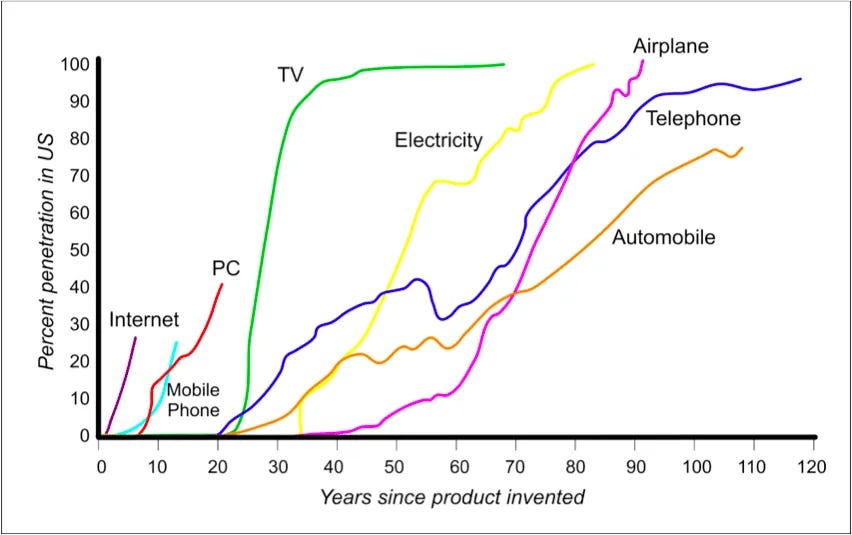Research Summary
The report explores the history and functionality of crypto points, their use in decentralized applications (dapps) to incentivize user activity, and the legal uncertainties surrounding them in the U.S. It also delves into the evolution of airdrop farming and the role of points in this context.
Key Takeaways
The Role of Points in Dapps
- Points as Incentives: Dapp developers use points as a gamification mechanism to encourage specific user behaviors and activities. Users anticipate a future conversion of their points into tokens, despite no guarantee of conversion or conversion rate.
- Points and Tokens: While points issued by dapps have no monetary value, tokens often do. Applications like Tensor and Blur have used points to determine the amount of tokens users can earn through seasonal token airdrops.
Legal Uncertainties Surrounding Points
- Regulatory Ambiguity: The legality of crypto points programs in the U.S. is unclear due to the lack of clear policies and rules ensuring fair conduct of points programs. This uncertainty extends to points programs driven by credit card networks and retail brands.
Airdrop Farming and Points
- Airdrop Farming Evolution: Points are the next evolution of airdrop farming, where users engage with dapps in hopes of being rewarded with future tokens. Despite warnings from crypto services and applications about potential scams, airdrop farming remains a popular activity.
- High Payoffs: Airdrop farming has historically been a lucrative activity in the crypto industry, with Layer-2 protocols on Ethereum often airdropping newly minted tokens to early users.
Points Programs and Their Drawbacks
- Opacity of Points Programs: Crypto points programs often offer points to users before revealing how they can be redeemed or used, leading to speculation and potential confusion. The ambiguous nature of some points programs can make points farming indistinguishable from airdrop farming.
Actionable Insights
- Understanding Points Programs: Stakeholders should familiarize themselves with the mechanics of points programs and their potential benefits and drawbacks. This includes understanding the difference between points and tokens, and the potential for points to be converted into tokens.
- Legal Considerations: Given the legal uncertainties surrounding points programs in the U.S., it is crucial for stakeholders to stay informed about regulatory developments and consider legal advice when participating in or developing such programs.
- Assessing Airdrop Farming Opportunities: Stakeholders should carefully evaluate the potential rewards and risks associated with airdrop farming, including the possibility of scams and the lack of guaranteed token rewards.












